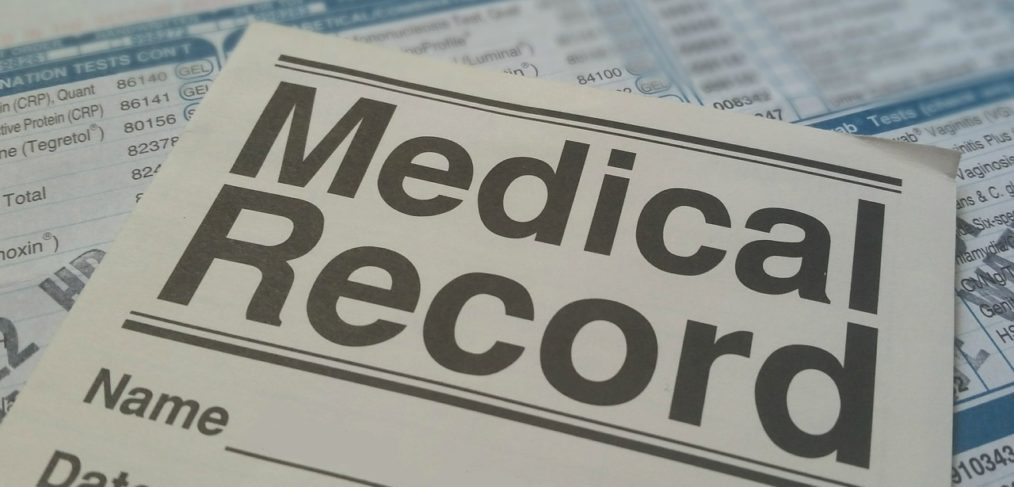
Why Your Electronic Health Records System May Not Drive Revenues
As a leading practice management consultant, I’ve seen and heard just about everything when it comes to reasons why respected, independent health and medical practices have trouble with the business end of things.
Client accounts simply won’t balance properly. The payments aren’t posting automatically – or correctly. Or worse – do it yourself solutions simply aren’t getting the job done.
Scenarios like these can cripple a practice’s revenues.
True, managing a practice today includes an electronic health records, or E.H.R. system, which fits your clinical needs: making appointments, taking notes, writing prescriptions, and optimally driving your patient billing.
But when too much emphasis is placed on the clinical side of things, it can leave the practice vulnerable. Practitioners are working hard, but revenues are challenged.
You know you need an E.H.R., but which one will work?
Over the past 5 years, we’ve seen a proliferation of medical E.H.R. software in the industry. Knowing which system is the best fit for your practice is only part of the solution, especially since many payers now mandate that providers use E.H.R. software.
Here’s the big secret no-one will tell you. Cheaper is not better. The folks behind the scenes and the systems they create are absolutely the #1 thing that will drive practice revenues.
But failing to set up systems and support to ensure success can definitely present a problem with revenue streams. I’ve yet to see a practice which didn’t need cash flow to keep operations and services running smoothly. When implementation is well planned and managed, any potential revenue slowing can be minimized. Ease of use and compliance actually follow a great implementation plan, not the other way around.
Support from an experienced, reputable practice management professional firm is an imperative during an E.H.R. transition. The best way to manage big change is with the help of the right team, in-house and consulting. I’ve found it’s good to have a system that drives billing, but it’s GREAT to have systems built around the software so it can work for you.
This one decision – to ask for the expertise you need – can save a lot of time and money. A professional practice management firm will help its clients navigate unforeseen issues, whether you’re initiating a start-up, transitioning to an E.H.R. from hand typed or written notes, or upgrading your software to meet the needs of your growing, thriving practice.
![]() Debbie Henderson, CEO, is a leading U.S. practice management consultant known for her ability to transform her clients’ practices and revenues so they can take back their passion and their lives. Learn more about her work at www.
Debbie Henderson, CEO, is a leading U.S. practice management consultant known for her ability to transform her clients’ practices and revenues so they can take back their passion and their lives. Learn more about her work at www.
